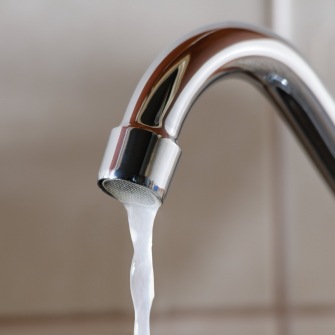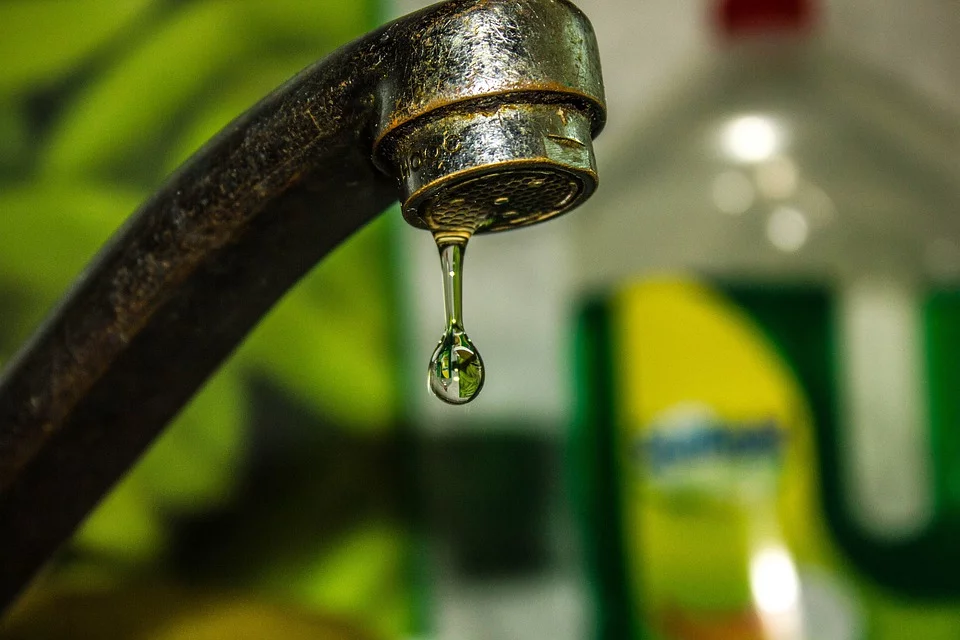They are making a few great observations relating to How to stop pipes from freezing during the winter in general in this post in the next paragraphs.

All property owners who live in pleasant climates need to do their ideal to winterize their pipes. Failing to do so can spell catastrophe like icy, broken, or burst pipelines.
Attempt a Hair Clothes Dryer or Warmth Gun
When your pipes are nearly freezing, your dependable hair dryer or warm weapon is a blessing. If the warm towels do not help remove any kind of working out ice in your pipes, bowling hot air straight right into them might aid. Do not make use of various other objects that create direct fires like an impact torch. This can lead to a larger calamity that you can not control. You may end up damaging your pipelines while trying to melt the ice. As well as over time, you may also wind up melting your house. Beware!
Open Up Closet Doors Hiding Plumbing
When it's chilly outside, it would certainly be valuable to open up closet doors that are camouflaging your pipes. Doing this little method can maintain your pipelines cozy and also restrict the possibly hazardous results of freezing temperatures.
Take Time to Wrap Exposed Pipes
One simple and clever hack to heat up freezing pipes is to wrap them with warm towels. You can cover them first with towels. After safeguarding them in position, you can pour boiling water on the towels. Do it gradually to allow the towels soak up the fluid. You can additionally utilize pre-soaked towels in hot water, just do not neglect to use protective gloves to guard your hands from the warmth.
Switch on the Faucets
When the temperature level drops as well as it seems as if the icy temperature level will certainly last, it will aid to turn on your water both inside your home and outdoors. This will maintain the water moving through your plumbing systems. You'll end up losing gallons of water this means.
When Pipes are Frozen, shut Off Water
Shut off the major water shutoff right away if you observe that your pipelines are totally icy or nearly nearing that phase. You will usually find this in your cellar or laundry room near the heater or the front wall closest to the street. Transform it off as soon as possible to prevent additional damages.
Don't neglect to close outside water resources, also, such as your hookup for the yard home. Doing this will certainly stop added water from filling your plumbing system. Unfortunately, with more water, even more ice will certainly pile up, which will ultimately cause break pipes. It is best to call a professional plumber for an evaluation if you are not sure about the state of your pipelines this winter. Taking this positive approach can conserve you thousands of dollars out of commission.
All homeowners who live in warm environments should do their ideal to winterize their pipes. Failure to do so can mean catastrophe like frozen, broken, or burst pipelines. If the hot towels do not help remove any resolving ice in your pipelines, bowling hot air straight right into them may aid. Turn off the main water shutoff instantly if you notice that your pipelines are totally icy or almost nearing that stage. With more water, more ice will certainly stack up, which will at some point lead to break pipelines.
PREVENT YOUR PIPES FROM FREEZING THIS WINTER
A Leading Cause of Property Damage
When the weather is taking a deep nose dive into the cold dreary days, the risk of your pipes freezing and potentially bursting skyrockets. Unfortunately, during these cold dreary months, burst pipes are the most common denominator for property damage. The pipes that are most at the risk are those that are in areas where it is most cold in your home. For instance, pipes located in interior places such as basements, attics, and your garage. Unfortunately, that doesn’t mean that the pipes running through your cabinets or exterior walls can’t freeze. Good news, however, is that you can do things to help prevent pipes from freezing.
How to Prevent Pipes From Freezing
Once the temperature starts to drop during the winter, you should be taking the proper measures needed to ensure that your pipes stay warm and that there is circulation of water through them. Some steps that experts may recommend could go against your better judgement when it comes to saving water and heat. However, it would go without saying that when expenses are compared, damaged pipes could put a bigger dent in your wallet than a water bill.
What Can I Do?
Keep your garage door closed. This is very important, especially if you have water supply lines running through your garage. Open your kitchen and bathroom cabinets to allow warm air to circulate through them. Allow air circulation throughout your home. Keeping the interior doors open will once again allow the warm air to circulate inside your home. Ensure your thermostat is running the same temperature throughout the night and day. If you plan to be away from home during the cold months, set your temperature no lower than 55° F. This should provide enough heat to keep the pipes warm and prevent any remaining water inside the pipes from freezing. For more of a long-term solution, add insulation to attics, basement, and other crawl spaces around your home. By allowing your faucet to drip, it will alleviate pressure in the system. This is important because the pressure that is created between the blockage and the faucet can potentially cause the pipes to burst. Allowing the faucet to drip will prevent the pressure from building up, therefore keeping the pipes from bursting. Seal any cracks, openings, and crawl spaces around your home to prevent cold air from coming inside. This keeps your pipes-not to mention your home-warmer and less susceptible to issues caused by freezing temperatures. For the pipes in your home that are easily accessible, applying electrical tape to them might prevent them from freezing over. This is a quick fix, as you can apply the tape directly to the pipe. There are two options for heating tapes. One turns on and off by itself when it senses heat is needed. The other type of heating tape needs to be applied when heat is needed and removed when not necessary. If you have exposed pipes in your home, you can check this website to take a look at a few options that would be available at a shop near you.

We had been introduced to that editorial on How to Prevent Frozen Pipes through a friend on our other web property. Sharing is nice. You never know, you may just be helping someone out. Thanks for going through it.
Best in business.